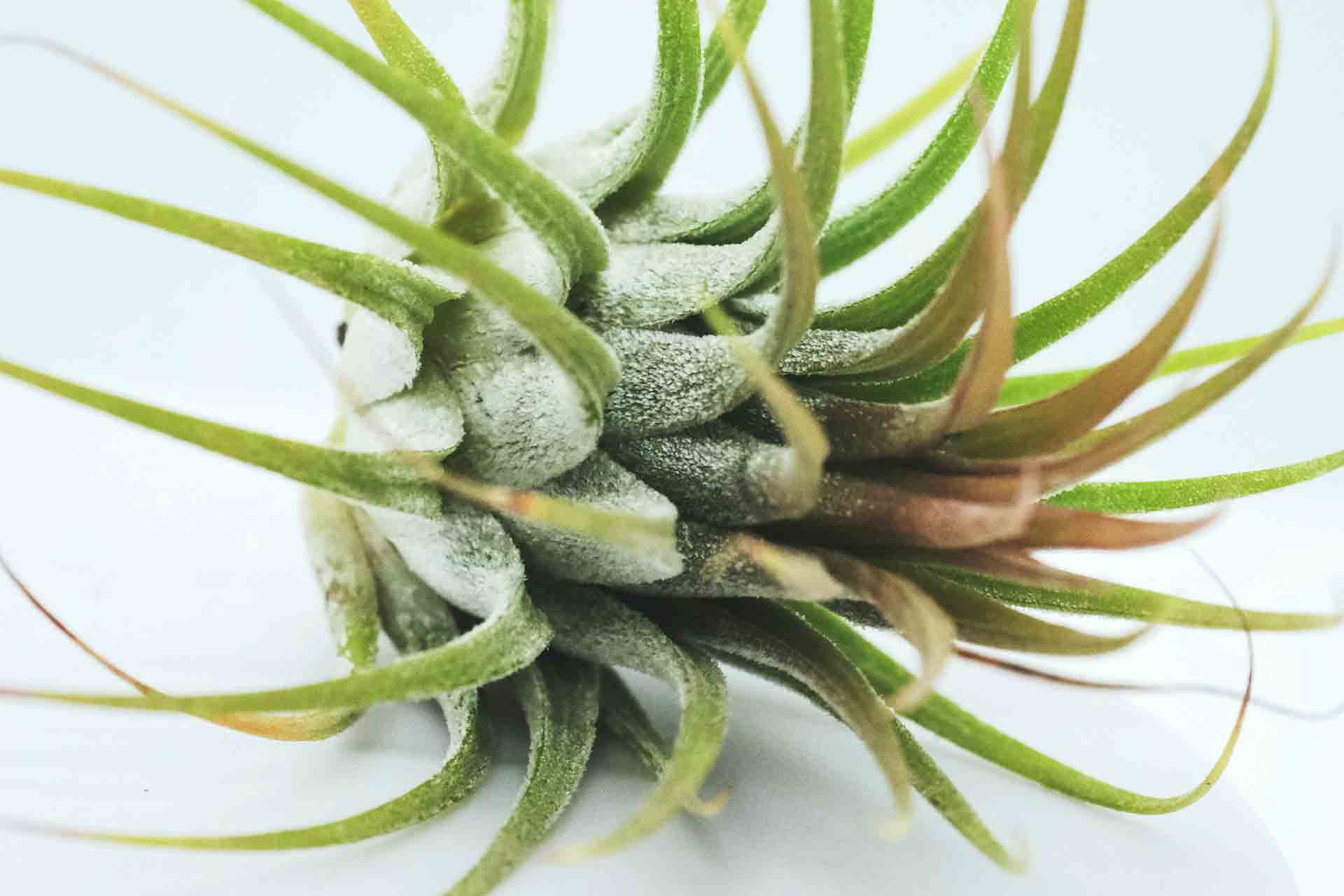Most ferns are not toxic to cats in general. The difficulty is recognizing which plants are “genuine ferns” and which ones only resemble ferns. Some of these plants are toxic to cats. Let’s find out more about fern toxicity in cats and what to look out for.
Are ferns toxic to cats?
The issue with determining if ferns are toxic to cats is that it is difficult to define what constitutes a fern. Many plants have several names, including their Latin taxonomy name as well as several common reference names. Some are real ferns, whereas others are not.
Safe Ferns
True ferns are a type of plant that has a circulatory system (the xylem and phloem which transport nutrients up and down the stalk). They lack seeds and blooms, yet spores allow them to reproduce. They have distinctive leaves called fronds. They have a complicated and elegant appearance, which is one of the major reasons they are popular in houses.
Most true ferns are not poisonous to cats. They will still likely induce vomiting when ingested and can lead to an upset stomach. However, they are not considered toxic.
The following ferns are safe for cats:
- Boston fern
- Sword fern
- Button fern
- Mother fern
- Carrot fern
- Maidenhair fern
- Staghorn fern
- Rabbit’s foot fern
- Button fern
- Bird’s nest fern
Common bracken, often known as eagle fern, is one of the most common fern species seen in homes and gardens (Pteridium aquilinum). Cats are poisoned by this plant. While it will not hurt a cat’s skin if it comes into touch with it, it is hazardous if consumed. This is due to a substance known as ptakilosid. This is thought to be the primary chemical responsible for the emergence of health issues in animals that have consumed the fern.
Surprisingly, the chemical can be addicting to cats. Even after experiencing negative consequences, the cat may desire to consume more. However, not every cat is the same. Some people may just consume a small amount and never eat it again. Others may consume it obsessively, causing major health concerns.
There are several fern species that are not poisonous to cats. There are some plants that are referred to be ferns despite the fact that they are not real ferns (i.e. those in the Polypodiopsida class). This is why we give a comprehensive list of all ferns harmful to cats, even if they are not real ferns.
Toxic Ferns
As previously noted, some of the ferns on this list are not true ferns. They do, however, occasionally have a name that includes the term fern. Following the scientific names are their common names, which are displayed in brackets. The following ferns are toxic to cats:
- Asparagus aethiopicus (asparagus fern)
- Cycad (fern palm)
- Asparagus densiflorus (foxtail fern)
- Asparagus densiflorus cv sprengeri (lace fern, racemose fern, plumosa fern, emerald fern)
- Conium maculatum (hemlock fern)
If you suspect your cat has been poisoned, don’t hesitate to take it to the clinic. Kidney damage is an unreversible adverse consequence of poisoning. While your cat may survive, it may suffer from long-term health issues as a result of the first poisoning.
You may be interested in:
- Are Bromeliads Toxic To Pet Cats
- Are Fiddle Leaf Figs Toxic to Pet Cats, Dogs, or Other Animals
- Are Air Plants Toxic to Pet Cats, Dogs, or Other Animals
- Is The ZZ Plant Poisonous for Cats, Dogs, or Other Pets
- Are Venus Fly Traps Poisonous To Cats
What Happens If Cat Eats toxic Ferns?
If your cat eats a fern, he or she may experience a range of reactions, from mild to severe.
If your cat eats Asparagus Fern, a common home plant, the leaves are somewhat harmful, but the berries can be fatal.
Your cat will most likely have stomach pain, drooling, vomiting, and diarrhea. Your cat might be meowing loudly or acting strangely quiet.
Skin irritation and a burning feeling can also develop from contact with this fern.
If your cat is displaying indications of distress, discomfort, or pain and you fear it has consumed a dangerous plant, consult a skilled veterinarian for guidance and treatment. If you know exactly what plant your cat ate, take a sample to the doctor to determine the source of the illness.
Vets frequently cure cats who have consumed hazardous plants. It is more prevalent than you may think. Most cases are minor or manageable, but every now and then, veterinarians are confronted with a tragic situation in which there is nothing they can do to rescue the cat.
What should do If Cat Eats toxic Ferns?
You should be aware of the signs if your kitten ate fern. First and foremost, do not panic. Even if there is no genuine threat to the cat, you may stress it out. Depending on how you react, you may even aggravate the intoxication symptoms. We should not do any operations unless we have prior knowledge or expertise. We should also refrain from medicating them.
It is conceivable that the cat is not suffering a significant response if no serious signs are seen. We should try to figure out how much they consumed and whether they have any other symptoms. It is conceivable that the cat will merely vomit and suffer no further consequences.
However, if we see the cat getting sleepy, losing consciousness, or exhibiting any of the more serious symptoms of poisoning, we must take them to the veterinarian immediately. If required, they may perform a stomach pump, restore fluids, or even provide medicine. If they have a severe response, they may need to be monitored at a veterinary facility.
If the cat consumes a hazardous herb, some guardians advise administering milk. While this may not cause harm, it may hasten the absorption of the poisonous substance in some situations, therefore it is better to avoid it.
Conclusion
Being a pet owner entails a great deal of responsibilities. It is our responsibility to maintain our house and yard safe and free of poisonous plants that might harm our animal friends. If you are unsure whether something is safe for your cat, avoid bringing it into your house.









